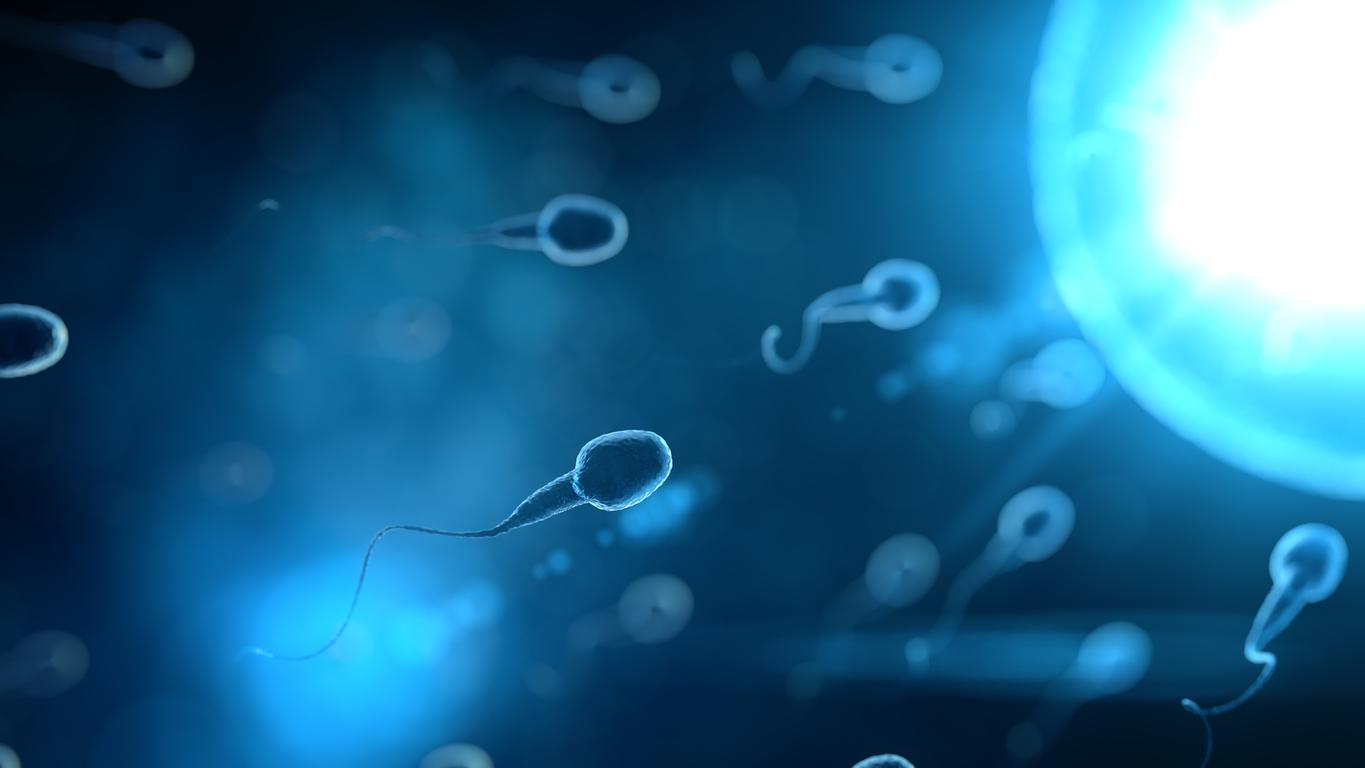Covid-19 infection can have lingering effects on sperm quality.

- Covid-19 infection can impact sperm quality.
- It sometimes takes several months for the various parameters to return to normal.
- According to Belgian researchers, this could be a protective mechanism of the immune system.
Millions of people have been infected with Covid-19 since the start of the pandemic. Some still suffer from it because they are affected by long forms, others suffer the consequences without knowing it. In a study published in Tea LancetBelgian researchers explain that the infection can have effects on the quality of sperm, which persist for several months.
Covid-19: how viruses can affect sperm quality?
Several studies have shown that the risk of transmission of the virus through semen is very low. But little research has focused on the effects of infection on the quality of it. “The short- and long-term implications of SARS-CoV-2 on sperm quality and consequences for fertility remain largely unknown due to the lack of longitudinal studies.”, recall the authors in the preamble. However, they explain that viral infections represent “a greater threat“for male gametes than for female gametes.”In men, not only during but also after having finalized the production of spermatozoa, certain viruses can access the spermatozoa, enter them and graft onto the oocyte, compromising the embryo, such as Zika., they develop. To better understand the impact of Covid-19 on spermatozoa, Belgian researchers recruited 120 patients at the start of the epidemic.
A sometimes lasting impact of Covid-19 on sperm quality
“SARS-CoV-2 infection was associated with changes in all analyzed semen parameters., note the authors. This concerned, for example, mobility or morphology, but also sperm production. “Recovery of different sperm parameters varied from patient to patient, could take more than a year after infection, and could depend on the patient’s initial immune response.”, they add. But in all cases, the patients managed to fully recover.
Impact of the virus on sperm: a protective mechanism?
In conclusion of their work, the researchers raise a new hypothesis. These effects of the virus on sperm motility and sperm DNA could actually be a method of defense. “We hypothesize that these immune system-related mechanisms aim to prevent the transmission of damaged DNA to offspring.”, they conclude. Further research will be needed to demonstrate this.


















